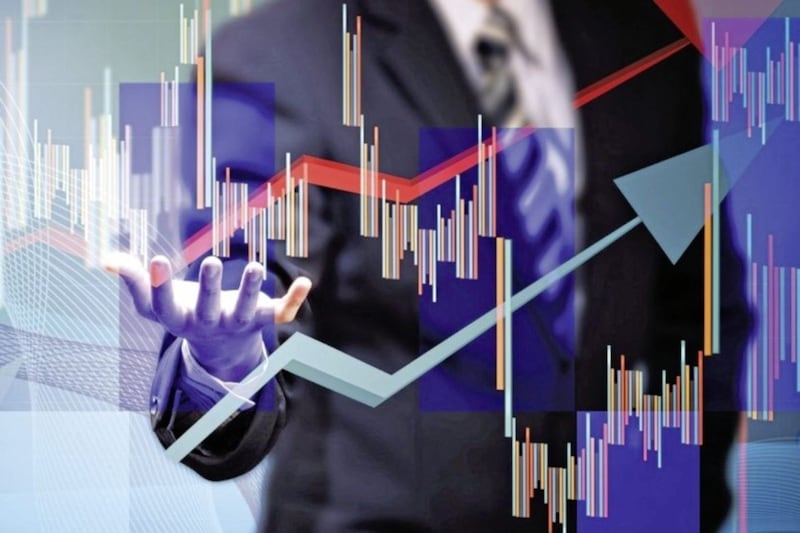IT'S not only the weather that is heralding the end of summer...
Having enjoyed a relatively stable few weeks on the markets, at the end of last week we saw a return to high levels of volatility, with the sell-off being led by the large tech stocks - Apple was down 11 per cent, Tesla 16 per cent and Amazon and Facebook were both down 7 per cent from their highs last week.
Nasdaq, the US index with a high proportion of technology stocks, fell by 6 per cent in two days. However, to put this into context, at close of business on Friday, since the start of the year the Nasdaq index is up 26 per cent, the S&P 500 is up 6 per cent while the FTSE 100 is down 23 per cent. A somewhat depressing statistic for the traditional UK investor.
This sharp movement in the market has inevitably led to speculation that it is the start of something bigger and unsurprisingly has resulted in comparisons with the dot.com bubble at the turn of the century. History rarely repeats itself exactly, though and there are a number of important differences when we compare the two periods.
Firstly, despite all the uncertainty the fall at the end of last week has not coincided with a broader panic: the bond market and the currency markets remained relatively untroubled, unlike the sharp falls in the first quarter of the year when equity market falls were part of a wider pattern of risk aversion.
Also, unlike the market slump in the early part of the year, there was no obvious fundamental trigger. Of course, coronavirus rumbles on with the focus shifting from one country to the next as new statistics are released, but nothing changed dramatically for the worse last week.
Economic recovery (particularly in the US) is proving to be reasonably strong, as evidenced by the regular official statistics. Clearly there is scope for bumps in the road to recovery and many uncertainties remain, but nothing changed dramatically over the course of last week.
Even with the falls last Friday, big technology stocks have risen by 80 per cent since mid-March which was the low point for markets. In contrast to the situation in 2000, the largest tech firms are highly profitable and although valuations look expensive, they are not so obviously unsustainable.
However, there is clearly an element of overheating in the market and one more worrying aspect of the dizzying rise of the big tech stocks is the rush of amateur retail investors to back the big seven.
There is something of a disconnect between sections of the market and the real world: the global economy still faces huge uncertainties, with the pandemic far from over and we have yet to see how businesses will emerge from the crisis.
Currently there are multi-billion stimulus programmes which are propping up the economy and which will eventually have to be paid for. The markets are looking forward and anticipating a technology driven cycle, which few would deny, but there will inevitably be some setbacks along the way.
Cathy Dixon is a partner at the Belfast office of Smith & Williamson Investment Management. This article does not constitute a recommendation to buy or sell investments and the value of any shares may fall as well as rise.








